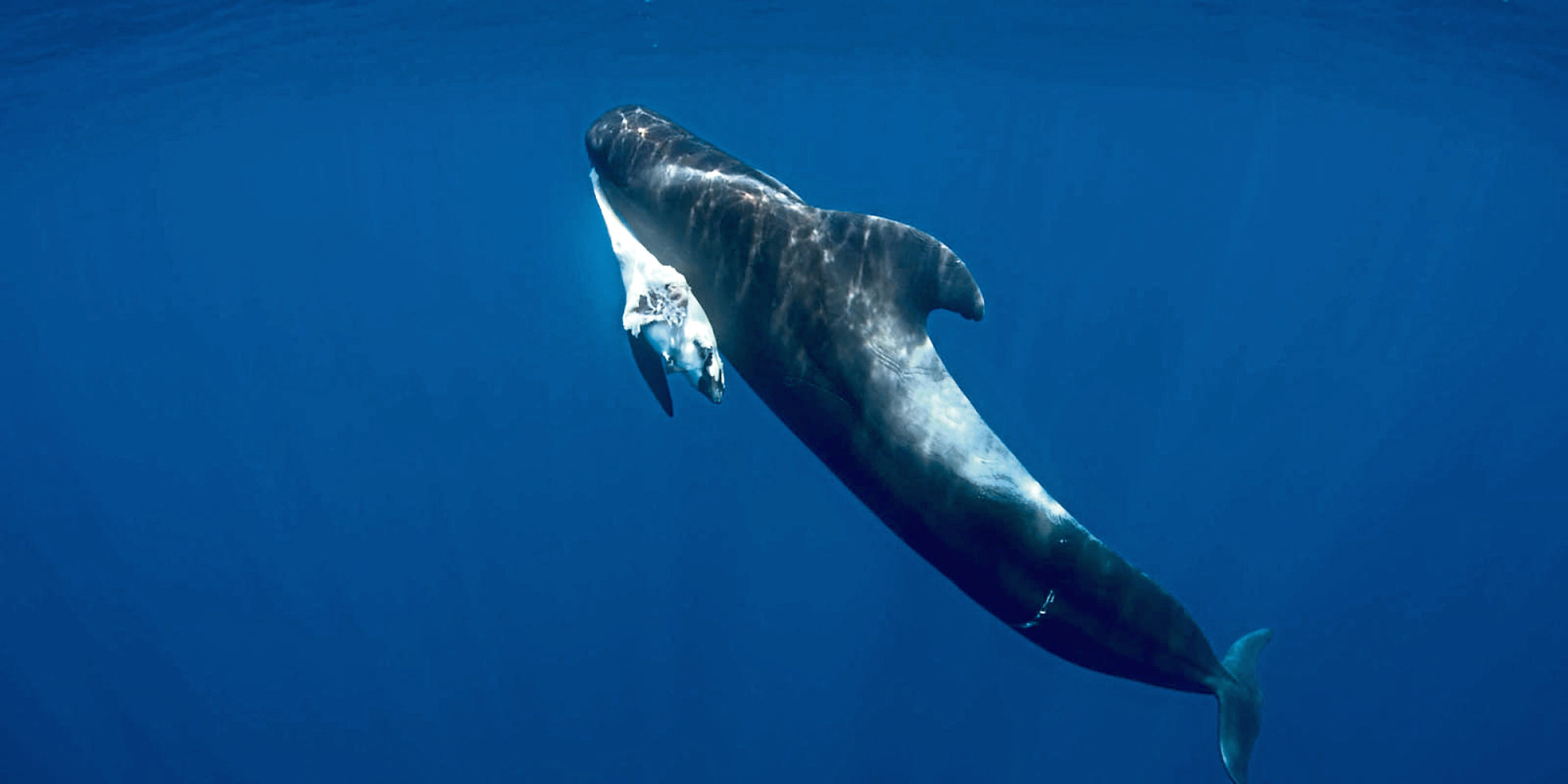
MICROFIBRES have now infiltrated the deepest oceans of our planet, Scottish research has found.
Winnie Courtene-Jones, PHD student at the Scottish Association for Marine Science, is assessing the prevalence of microplastic pollution in the deep sea waters of the North East Atlantic Ocean.
Her research in The Rockall Trough area has shown that microfibres are sinking down and accumulating in the remote depths where they are harder to monitor, collect or remove and with nowhere for them to go are readily available for organisms to ingest.
Few studies have quantified the amount of microplastics and fibres that lie on the sea floor and Winnie’s study paints worrying picture into the long term fate of plastics.
She said: “The public may see the surface of the ocean and see plastics stranded on the beach and think that is the end of the story but in fact it’s not.
“All the oceans are connected and some of them are extremely deep so a huge area of the planet is covered by deep environments.
“We can’t tell whether plastics are affecting animals down in the sea and we don’t know the effects on humans.”
The issue of plastics in our oceans has been highlighted by Sir David Attenborough’s Blue Planet which showed a sperm whale with a plastic bucket lodged inside its mouth.

Enjoy the convenience of having The Sunday Post delivered as a digital ePaper straight to your smartphone, tablet or computer.
Subscribe for only £5.49 a month and enjoy all the benefits of the printed paper as a digital replica.
Subscribe